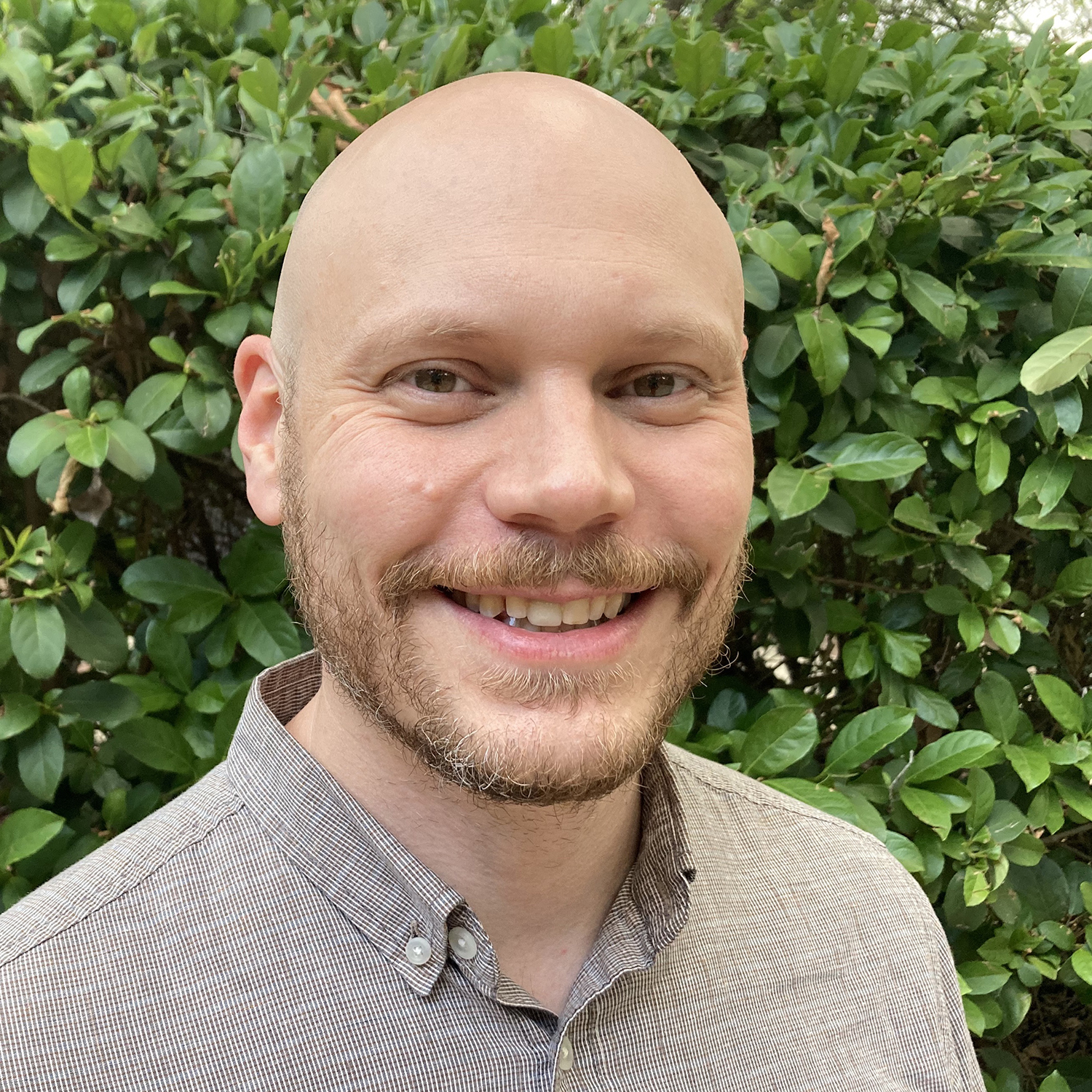In an effort to address the unmet needs of immunoengineering for beta cell replacement in type 1 diabetes (T1D), Drs. Edward Phelps, Holger Russ, and Helen N. Jones are pioneering strategies aimed at locally controlling autoimmunity in T1D. Their research, poised to redefine treatment paradigms, focuses on leveraging immunomodulatory signals to promote tolerance towards grafted stem cell-derived beta-like cells (sBCs), which represent an abundant source of insulin producing cells for cell replacement therapy.
T1D affects 1.9 million individuals in the United States, necessitating lifelong insulin dependence and posing significant health challenges, particularly in young patients. Current treatments are inadequate in addressing short-term metabolic imbalances and preventing chronic complications, underscoring the critical need for curative therapies targeting the underlying autoimmune processes.
sBC cell replacement therapy is a potentially curative therapy but requires systemic immunosuppression, limiting the patient population considerably due to considerable side effects. However, Phelps and Russ propose a paradigm shift towards localized immunomodulation, avoiding the negative consequences associated with systemic immune suppression.
Their research, funded by a recent Juvenile Diabetes Research Foundation (JDRF) grant, capitalizes on the intricate immune mechanisms observed during pregnancy, where the maternal immune system tolerates the foreign allogenic entity of the placenta and fetus. The team plans to engineer the environment around transplanted sBCs by using molecules that communicate with the immune system to help the body accept transplants.
The project integrates expertise in biomaterials engineering, stem cell biology, genome engineering, placentology, and T-cell immunology to develop a comprehensive approach. Notably, the researchers plan to evaluate their approach using a humanized mouse model of T1D, providing insights into allogenic rejection and autoimmune responses in a context-specific and immunologically matched manner.
The research team anticipates their innovative strategy will promote immune tolerance towards transplanted beta cells and enhance graft survival and function, potentially offering a curative solution for T1D patients. Moreover, the localized nature of their approach minimizes systemic side effects associated with traditional immunomodulatory therapies.
Team members:
- Edward Phelps (PI), Ph.D., assistant professor, J. Crayton Pruitt Family Department of Biomedical Engineering, University of Florida
- Holger Russ (PI), Ph.D., associate professor, Department of Pharmacology and Therapeutics, University of Florida
- Helen N. Jones, (Co-I), Ph.D., associate professor, Department of Physiology and Aging, Co-Director, Center for Research in Perinatal Outcomes, University of Florida
